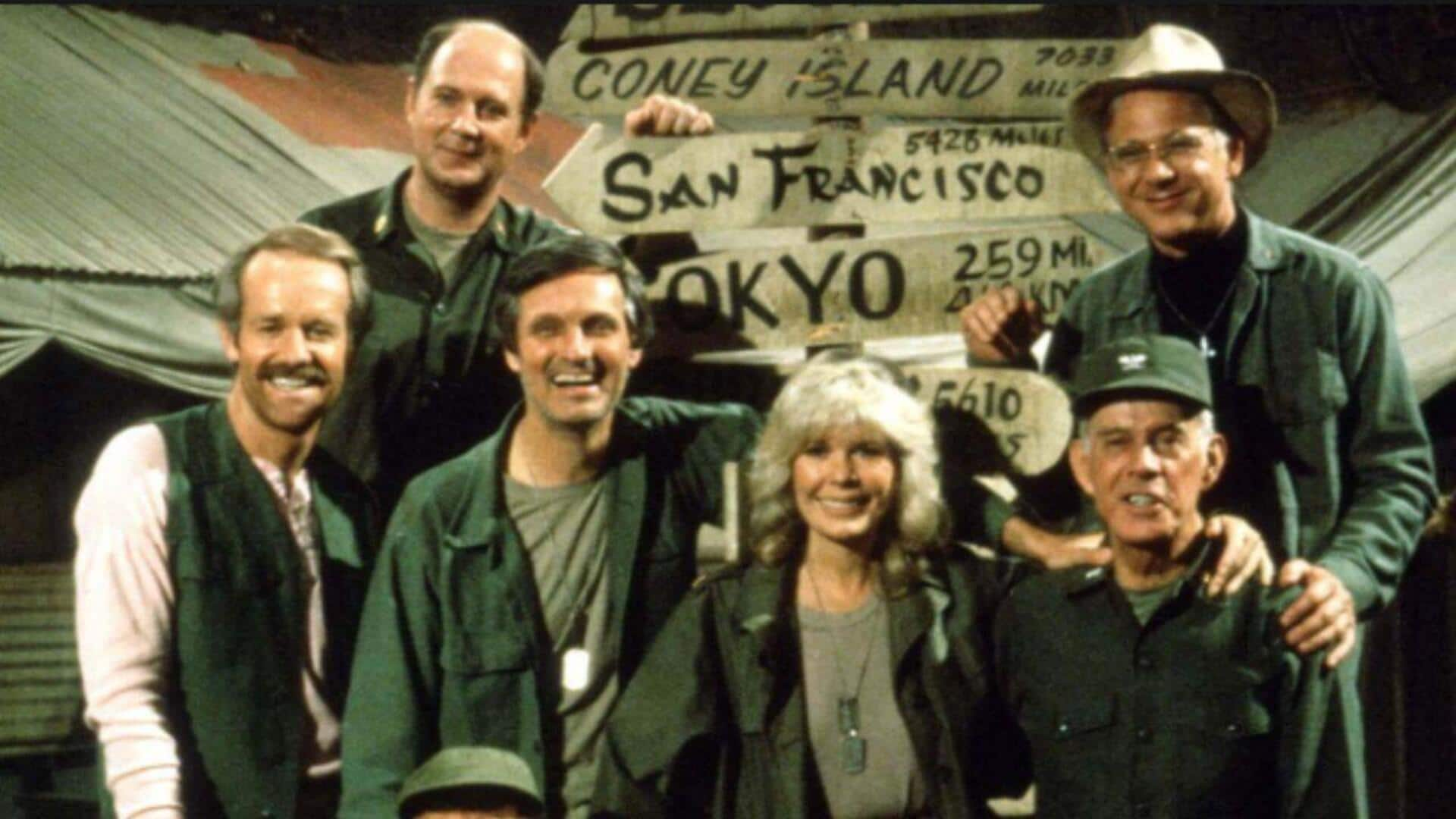
The hidden truths behind 'M*A*S*H' success
What's the story
M*A*S*H is one of those television series that has made an indelible mark in the history of entertainment. With its unique combination of comedy and drama, it enthralled viewers for more than a decade. While many know about its storyline and characters, here are some lesser-known facts about its production that could surprise even its most ardent fans. Let's take a look!
#1
Filming location secrets
While M*A*S*H is set in Korea, most of it was shot at California's Malibu Creek State Park. It was the ideal location with its rugged landscape reminiscent of Korea's terrain. The set grew so iconic that parts of it have been preserved as a tourist attraction for fans to visit.
#2
Unique use of laugh tracks
Unlike other typical sitcoms of its time, M*A*S*H used laugh tracks sparingly to keep it authentic. The producers also decided against using canned laughter during operating room scenes out of respect for their serious nature. This helped keep the show's balance between humor and drama intact.
#3
Cast members's military backgrounds
Several cast members also had real military experience, which brought depth to their performances on screen. For example, actor Jamie Farr served in the U.S. Army before joining the show as Corporal Klinger. These personal experiences enriched their portrayals and brought an additional layer of realism to their roles.
#4
Record-breaking finale episode
The final episode titled Goodbye, Farewell and Amen aired on February 28, 1983, breaking records with over 105 million viewers tuning in across America alone—making it one of television's most-watched finales ever back then! Its success highlighted how deeply embedded M*A*S*H had become within popular culture throughout its run from start to end!
#5
The real-life inspiration behind 'M*A*S*H'
The series has been inspired by the real experiences of doctors and nurses. The original book, which resulted in the film and then the TV series, was written by Richard Hooker (a pseudonym for Dr. H. Richard Hornberger and writer W.C. Heinz). Their first-hand experiences gave authentic insights into the problems encountered in the medical units.